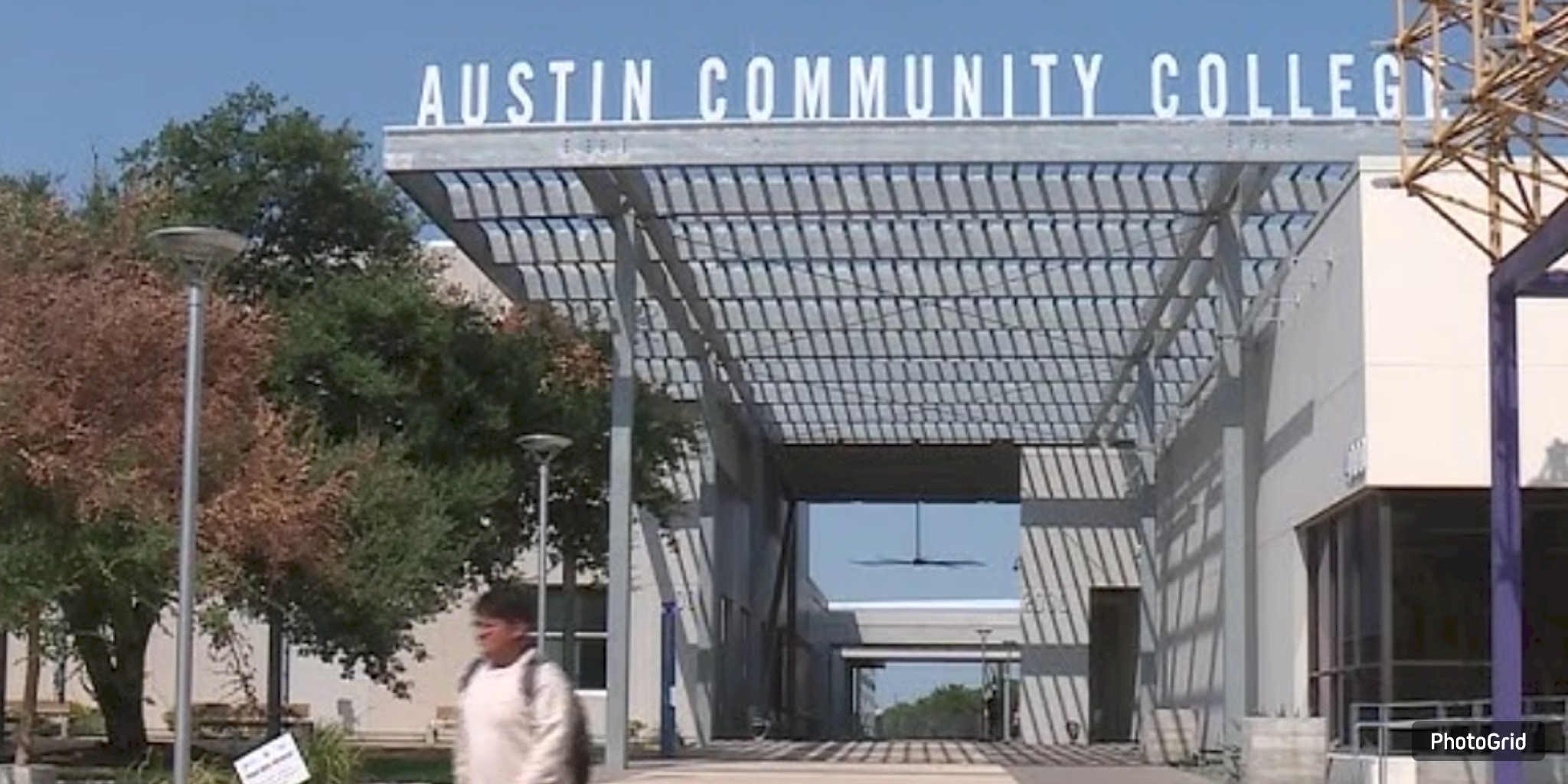
The landscape of higher education for numerous undocumented students in Texas has become precarious following the repeal of the state's Dream Act, which once allowed in-state tuition access irrespective of immigration status.
This action is in response to recommendations from the U.S. Department of Justice, which indicated that the policy is inconsistent with federal immigration law.
At the University of Texas at Austin, senior Mariel—who chose to keep her full name private—expresses concern that the unexpected change might disrupt her plans to finish her final year and follow a career in medicine. Mariel shared her experiences with KVUE, as first reported by them.
On July 11, the university sent a letter to specific students requesting evidence of “lawful presence” by July 24.
“A significant amount of anxiety exists,” Mariel stated. “Will I be able to accomplish this in my final year?”
Mariel, who arrived from Mexico at just over a year old, expresses that Texas is the only home she has ever known. Similar to her situation, numerous students are currently confronted with challenging choices, uncertain about their ability to pursue their education or stay in the U.S.
UT Austin chose not to respond to KVUE's inquiries regarding the process for making residency determinations or the consequences for students who fail to meet the deadline.
According to legal experts, the uncertainty arises from the state's insufficient direction regarding the distinctions between “lawful presence” and “lawful status.”
Kystal Gomez from the Texas Immigration Law Council emphasized, “There are no definitions, no training, no clarity.” She cautioned that universities might be misinterpreting the law, which could lead to breaches of federal protections.
Educators are raising concerns. “What’s the point of attending high school if there’s no future ahead?” questioned Olivia Molina, president of the Texas State Teachers Association.
Advocates are encouraging students to pursue legal assistance and are appealing to state leaders for more explicit guidance to ensure access to education remains protected.
















From breaking news to thought-provoking opinion pieces, our newsletter keeps you informed and engaged with what matters most. Subscribe today and join our community of readers staying ahead of the curve.